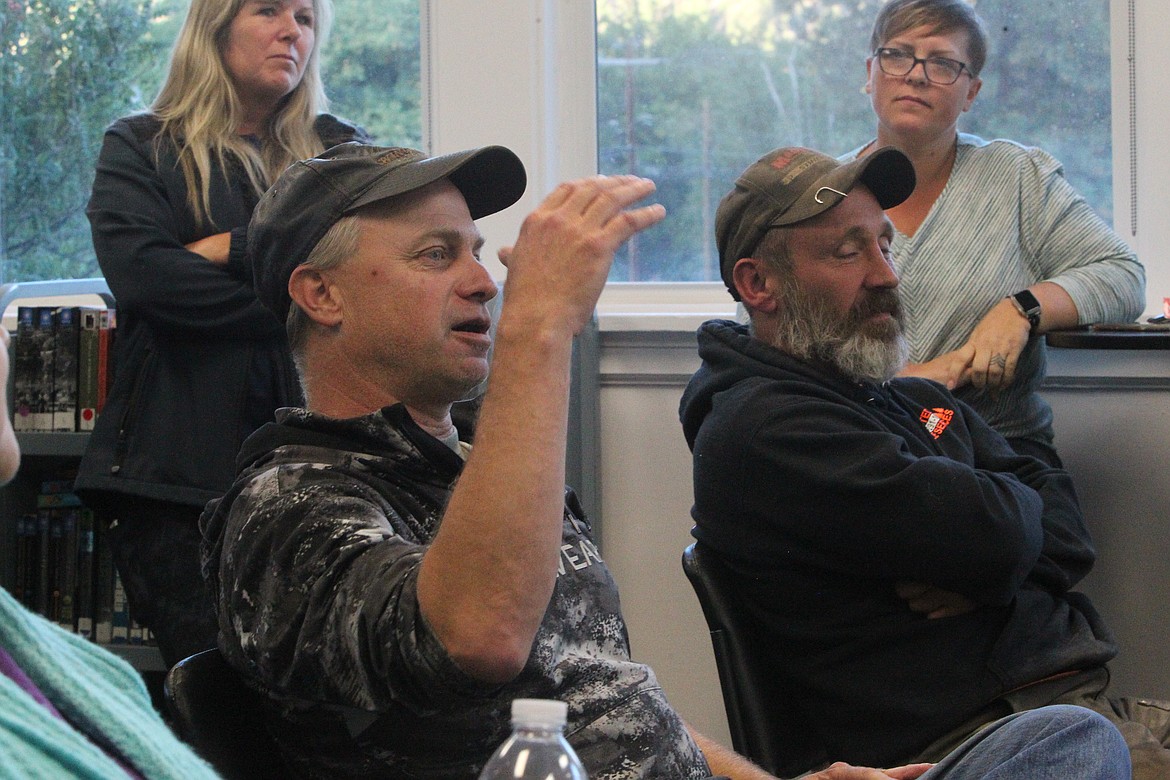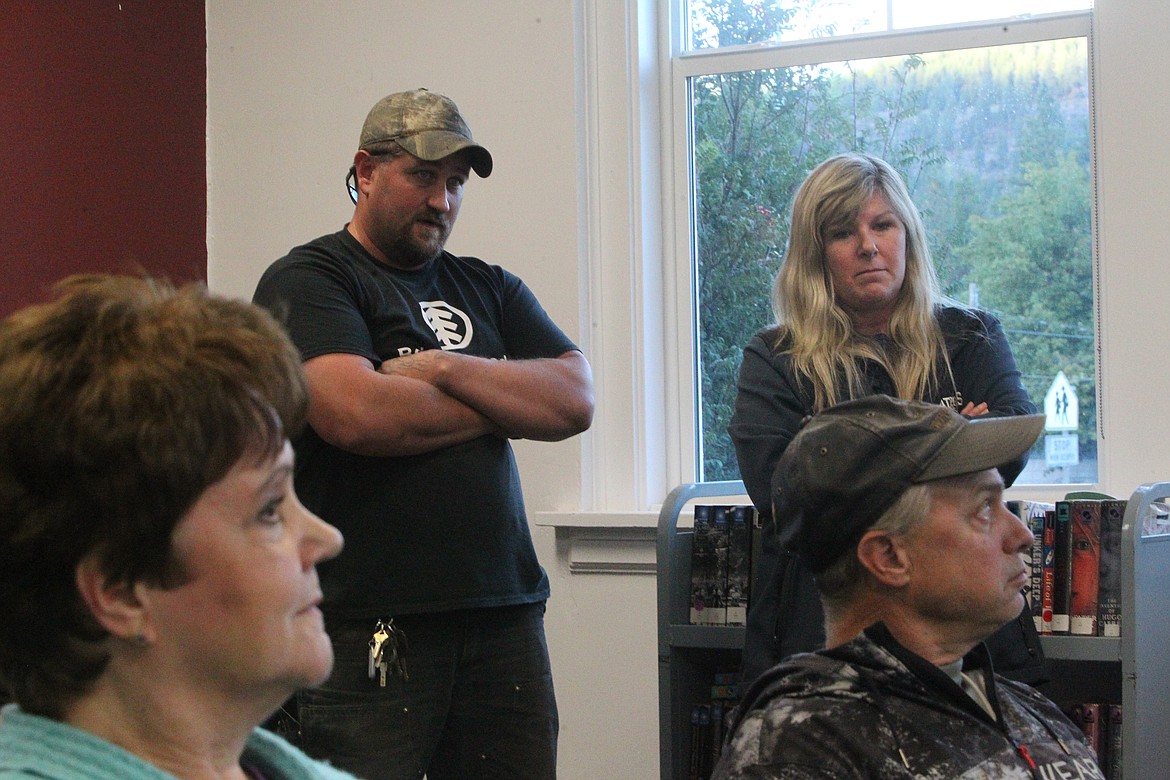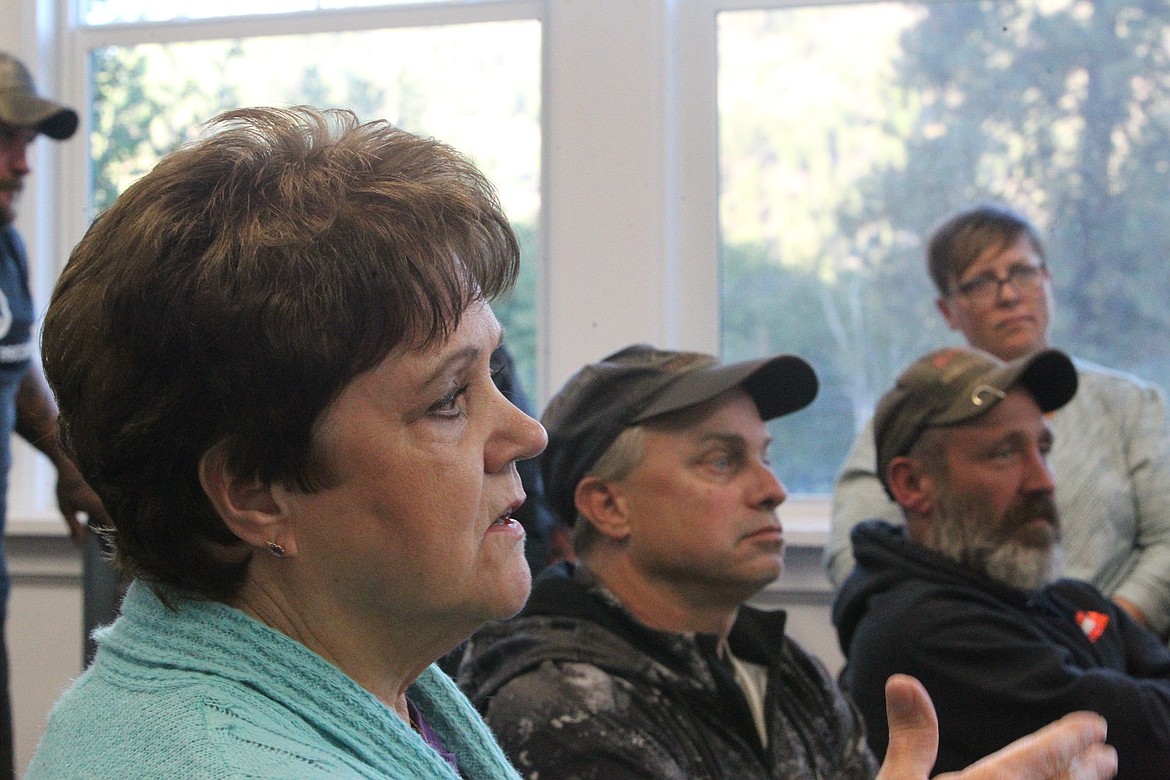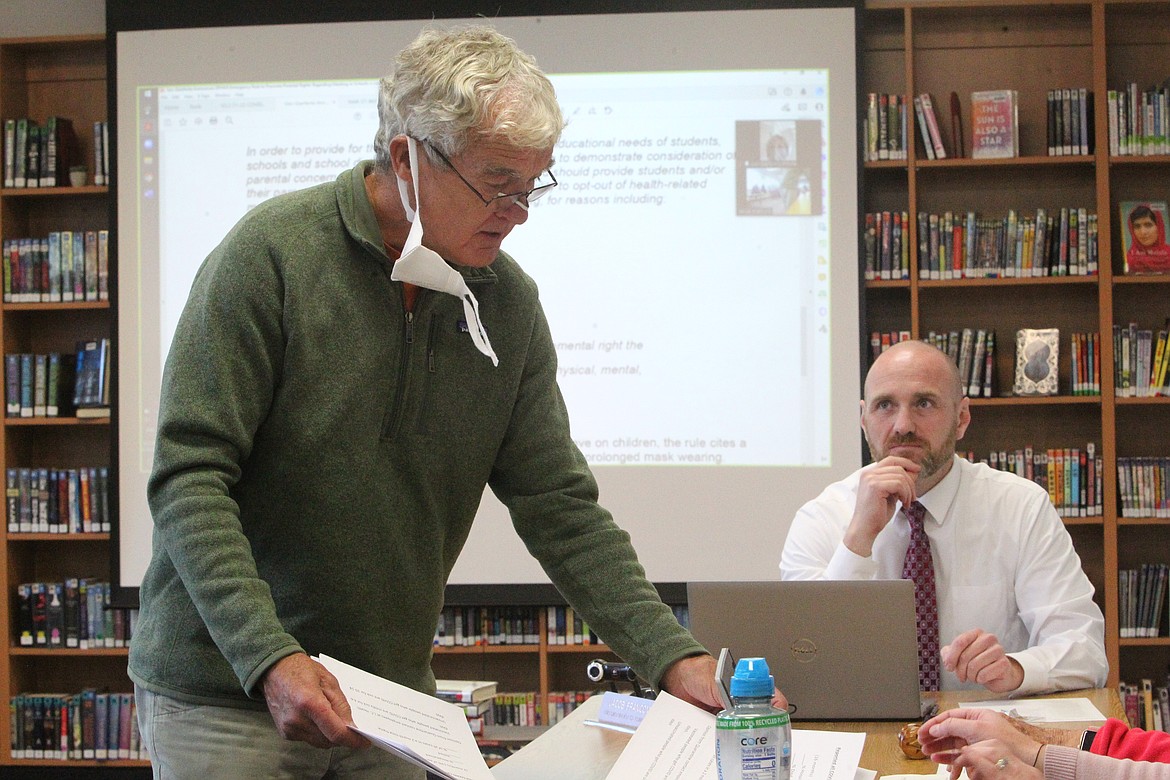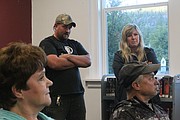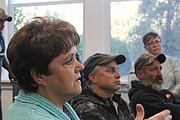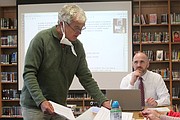Troy reconsiders mask policy
With coronavirus outbreaks straining schools throughout the state, Troy Public School Board members reopened a divisive discussion on when or if the district should require face coverings on campuses.
Superintendent Jacob Francom stressed that the Sept...
Become a Subscriber!
You have read all of your free articles this month. Select a plan below to start your subscription today.
Already a subscriber? Login

